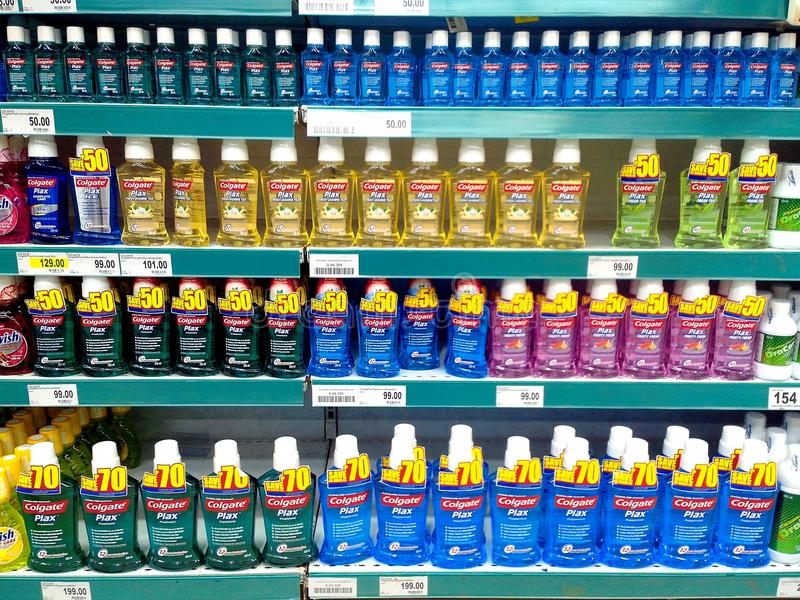Seniors and Oral Health Care II – 5 Dental Tools for Seniors
My last article focused on problems encountered when good oral hygiene is not practiced. I shared six problems seniors can encounter from not brushing properly. We all intuitively know what the basic tools are for proper oral hygiene, but if we’re elderly and have issues, we may need to look at tools that have a “senior-friendly” twist. Today we will look at the essential tools for good dental care but are best suited for seniors.
- Manual toothbrush – Writing for News-Medical.net, Akshima Sahi, BDS, dentist, and medical journalist, states that soft or extra soft bristle brushes are usually the better choice. Medium and hard-bristled brushes can actually damage tooth enamel and the gums.
- Toothpaste – Mimi Montgomery, an associate editor at the Washingtonian, interviewing Dr. Brian Gray D.D.S., reports that the two biggest things to look for in toothpaste is stannous fluoride and potassium nitrate. Stannous fluoride helps lessen cavities, fight gingivitis, reverse early stages of tooth decay, and reduce tooth sensitivity. Potassium nitrate reduces cavities and fights pain in sensitive teeth.
- Dental floss – Ron Cooper, D.D.S., F.A.G.D., expertly educates clients on the differences between flosses. As a rule of thumb, choose a thin floss if your teeth are closer together and a thicker floss if they are farther apart. Dr. Cooper also looks at super floss, dental pics, and water flossers.
- Mouthwash – The ADA (American Dental Association) states there are two uses for mouthwash, cosmetic and therapeutic. Ingredients included in therapeutic mouthwash include cetyylpyredinium chloride, chlorhexidine, essential oils, fluoride, and peroxide. The type of mouthwash purchased depends on the desired result. “Cetylpyridinium chloride may be added to reduce bad breath. Both chlorhexidine and essential oils can be used to help control plaque and gingivitis. Fluoride is a proven agent in helping to prevent decay. Peroxide is present in several whitening mouthwashes. Therapeutic mouthwash is available both over-the-counter and by prescription, depending on the formulation. For example, mouthwashes containing essential oils are available in stores, while those containing chlorhexidine are available only by prescription.”
- Electronic toothbrush – Taylor Norris, writing in Healthline, cites research showing that electric toothbrushes, on average, reduced plaque 21% and gingivitis 11% more than their manual counterparts. Furthermore, seniors with carpal tunnel or arthritis may find them easier to use for brushing spots they would normally have trouble reaching.
Obviously, these are the exact same tools we should use on a daily basis. The only difference is the level of awareness necessitated by the challenges of age. Besides being knowledgeable of your senior’s challenges or limitations, the best course of action is to confer with their dentist and act on his or her recommendation. Keep in mind your senior’s challenges and limitations and what it is they need to accomplish. This tact will help them maintain their health and independence.


Recent Comments